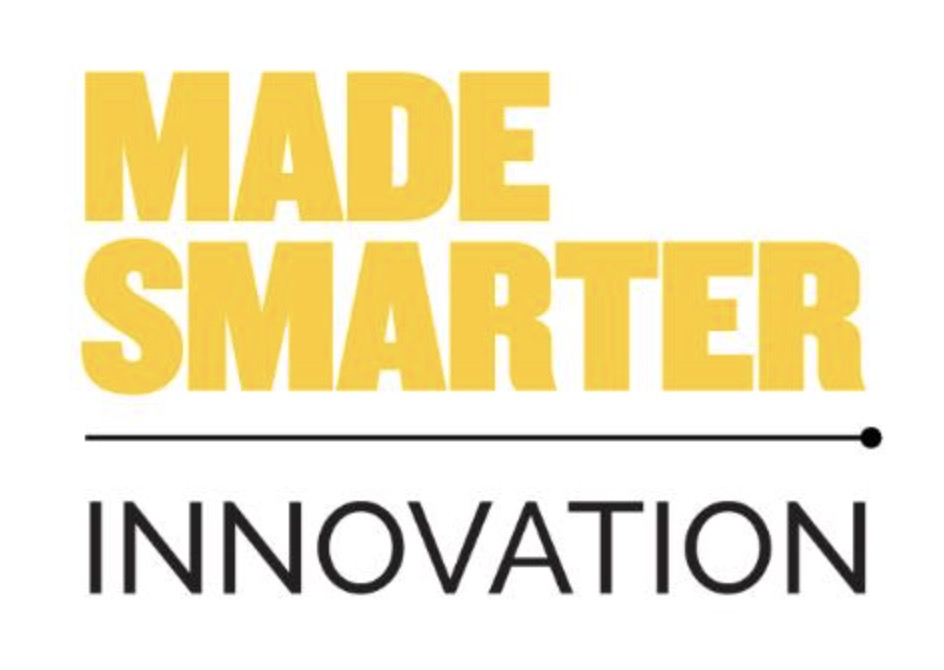There are no funding opportunities available at this time. Sign up to our newsletter to hear about new opportunities when they launch.
The Logistics Living Lab (L3) is one of the flagship projects of the Made Smarter Innovation | Digital Supply Chain Hub. Logistics describes the physical and informational flows between parties within supply chains, and is critical for enabling all parts of the UK economy. Effective logistics underpins all aspects of UK manufacturing, from raw materials taken to factories for initial build, to the transportation of finished parts for final assembly, and finally goods delivery to businesses or individual customers.
Why L3?
The UK has the largest shopping market in Europe, with 46% of us ordering via our smartphones and 77% of us choosing doorstep delivery. Consumers receive on average 75 parcels per person per year, with 162 parcels being delivered per second across the UK (Landmark Global).
However, unfortunately approximately 25% of trucks on the road are empty and 50% are only 25% full, putting significant cost pressures on participants across the end-to-end manufacturing supply chain. Providers are facing considerable challenges from increased fuel and labour costs, cost and time pressures from clients, as well as new legislation and customer demands to reduce congestion and the impact of road freight on our environment. Improving last mile logistics will decreasing urban particulate emissions by 10%, with a 10% reduction in urban congestion by year 10, with >£10bn boost to UK GDP, and lead to an increase in urban life expectancy. This is because emissions currently lead to 40,000 premature deaths per annum.
What does the project involve?
This project brings together a number of leading digital innovators, logistics companies, and manufacturers from heavy industry to FMCGs, to develop, demonstrate, and test a shared digital infrastructure based upon a combination of advanced digital technologies (IoT, DLT, AI) aligned to real manufacturing supply chain challenges, with the goal of improving UK logistics through more effective collaboration.
At the end of two years, this project will demonstrate the value of innovative thinking and applied digital technology to create a shared public infrastructure for managing delivery vehicle slot filling, routing, and tracking. This will enable logistics companies to collaborate where necessary, and still compete in new and more efficient ways, while enhancing UK manufacturing capability.
The successful spin-out of this infrastructure at the end of the project for general use will reduce congestion, improve the customer experience, and bring the UK closer to its net zero ambitions.
A report detailing the results of the L3 project is now available to download on the Hub here. To deepen your knowledge around logistics optimisation, join the Efficiency & Optimisation Circle to discuss best practice and hear updates from the Hub community.
Delivered by:

Made Smarter Innovation | Digital Supply Chain Hub is delivered by Digital Catapult, funded by the Made Smarter Innovation challenge at UK Research and Innovation.
Funded BY:

Powered BY:

Part of:

You've been redirected here from the Ethical Fashion Forum website because, as of May 2018, EFF is supporting its network through this new, online platform that helps fashion professionals succeed in the most sustainable way.
On DSCH, you'll be able to find even more great content and connections to help you do fashion better.
Join the community for free today.
Anything missing on this page? Please send us your feedback
Notice
We and selected third parties use cookies or similar technologies for technical purposes and, with your consent, for other purposes as specified in the cookie policy. With respect to advertising, we and 876 selected third parties, may use precise geolocation data, and identification through device scanning in order to store and/or access information on a device and process personal data like your usage data for the following advertising purposes: personalised advertising and content, advertising and content measurement, audience research and services development. You can freely give, deny, or withdraw your consent at any time by accessing the preferences panel. If you give consent, it will be valid only in this domain. Denying consent may make related features unavailable. Use the “Accept” button to consent. Use the “Reject” button to continue without accepting.